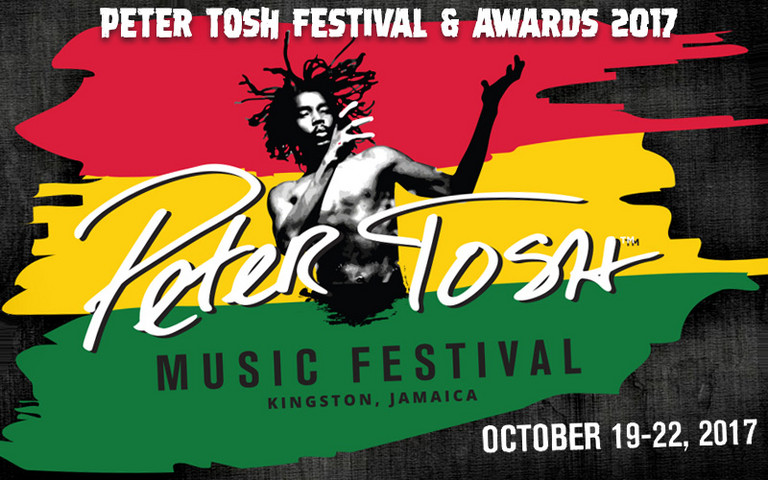Peter Tosh’s Prophetic Words on Marijuana Legalization
When we celebrated Peter Tosh’s musical legacy in 2017, little did we know that his mantra about smoking marijuana would soon become a reality. Legalize It, Tosh’s iconic anthem, was recorded and produced in 1975 as a bold declaration against the criminalization of cannabis. At the time, I knew marijuana was legal for medical purposes, but it wasn’t until a conversation with my New York-savvy niece that I realized something even more groundbreaking—it was now legal to smoke marijuana in open places, like on the street.
I had to ask myself: what rock was I living under?
Tosh wrote Legalize It after his own run-ins with Jamaica’s law enforcement and his frustration with the constant victimization of marijuana users. He famously stated, “Herb will become like cigarettes.” Looking at today’s world, I wonder if he truly knew how right he would be.
And in case you don’t know who Peter Tosh is, I have to ask—what rock are you still living under? Lol.
Peter Tosh was one-third of the original Bob Marley and The Wailers, a group that laid the foundation for reggae music as we know it. Not only did he sing and play guitar on many of Bob Marley’s early albums, but he was also a driving force behind their revolutionary sound and message.
The Wailers: A Brotherhood of Music and Revolution
The Wailers—composed of Bob Marley, Peter Tosh, and Bunny Wailer—formed in the early 1960s and became a powerhouse in the reggae movement. Each member brought a distinct energy to the group: Marley, the charismatic poet; Tosh, the militant rebel; and Bunny, the spiritual mystic. Together, they blended harmonies, social consciousness, and Rastafarian philosophy into a sound that would change the world.
Tosh, with his deep, commanding voice and fiery lyrics, balanced Marley’s smooth, melodic delivery. His influence can be heard in the band’s early hits like 400 Years and Get Up, Stand Up, both of which reflected their shared vision of resistance and unity. Their collaborations on Catch a Fire (1973) and Burnin’ (1973) cemented The Wailers’ status as reggae pioneers.
However, as the group gained international fame, tensions began to rise. Tosh, outspoken and unwavering in his beliefs, clashed with the commercial direction Island Records wanted to take. He felt that Marley was being positioned as the group’s sole leader, while his own militant stance and hard-hitting messages were being sidelined.
In 1974, Tosh and Bunny Wailer decided to part ways with The Wailers, leaving Marley to continue as a solo act with the support of new backing musicians. While Bob Marley became the global face of reggae, Tosh remained committed to his raw, revolutionary message.
The Solo Years: Tosh’s Uncompromising Path
After leaving The Wailers, Peter Tosh wasted no time establishing himself as a powerful solo artist. His debut album, Legalize It (1976), became an anthem for the global cannabis movement. Unlike Marley’s more unifying and spiritual themes, Tosh’s music was direct, confrontational, and unapologetic. Songs like Equal Rights and Stepping Razor cemented his reputation as reggae’s fearless warrior, fighting for justice, human rights, and the African struggle.
Despite their creative differences, Tosh and Marley always maintained a deep respect for one another. While Marley became the world’s beloved reggae ambassador, Tosh ensured that the raw, unfiltered voice of reggae’s revolutionary roots would never fade. Both artists left an indelible mark on the world, proving that reggae was not just music—it was a movement.
And now, as marijuana legalization spreads across the globe, we can’t help but recognize how prophetic Peter Tosh’s words were. Herb is indeed becoming like cigarettes. If only he were here to see it.
Further Reading
- 40 Facts About Jamaica: For Kids, Fun Facts About Jamaica, Sports, Nature, Food, Culture, Continent & More
- The Story of the Jamaican People
- The Mother of Us All: A History of Queen Nanny, Leader of the Windward Jamaican Maroons
- The Dead Yard: A Story of Modern Jamaica
One love One heart One people


